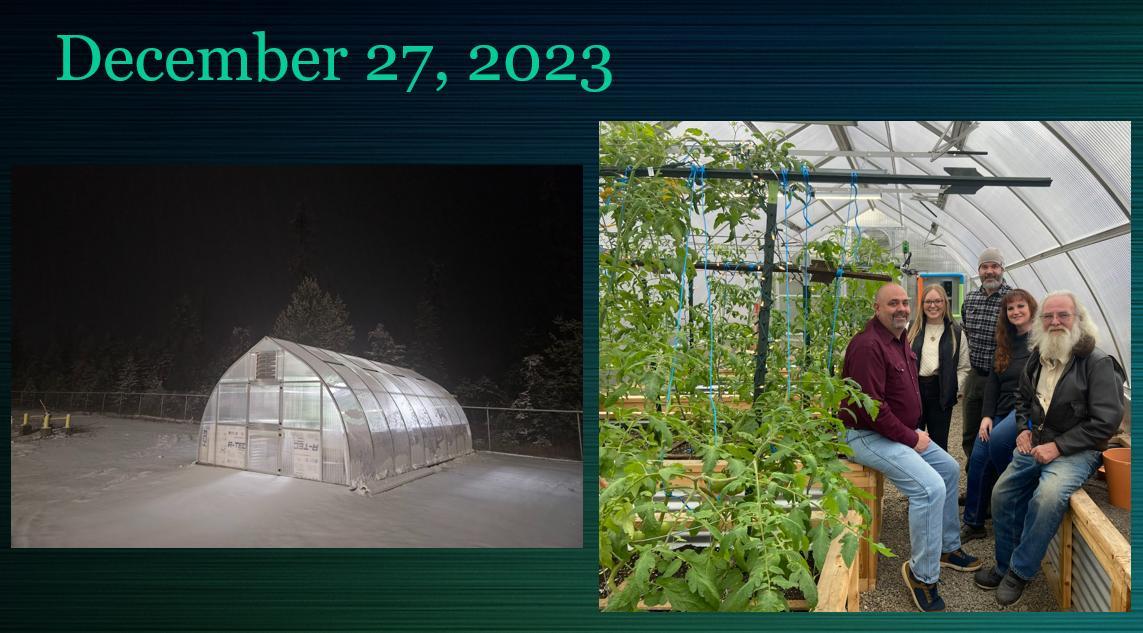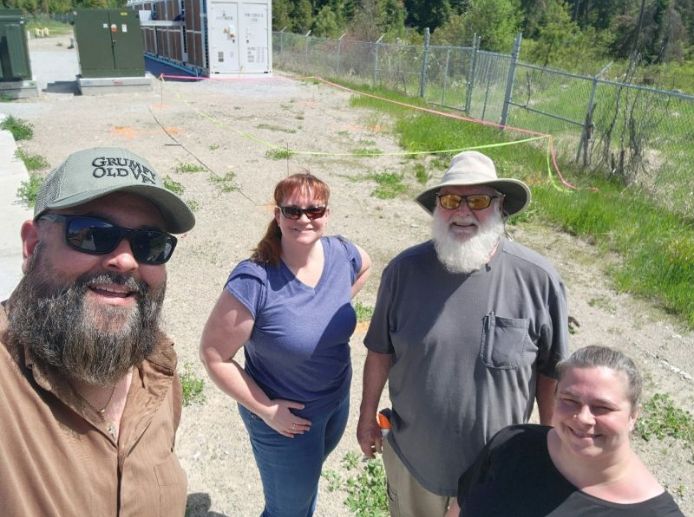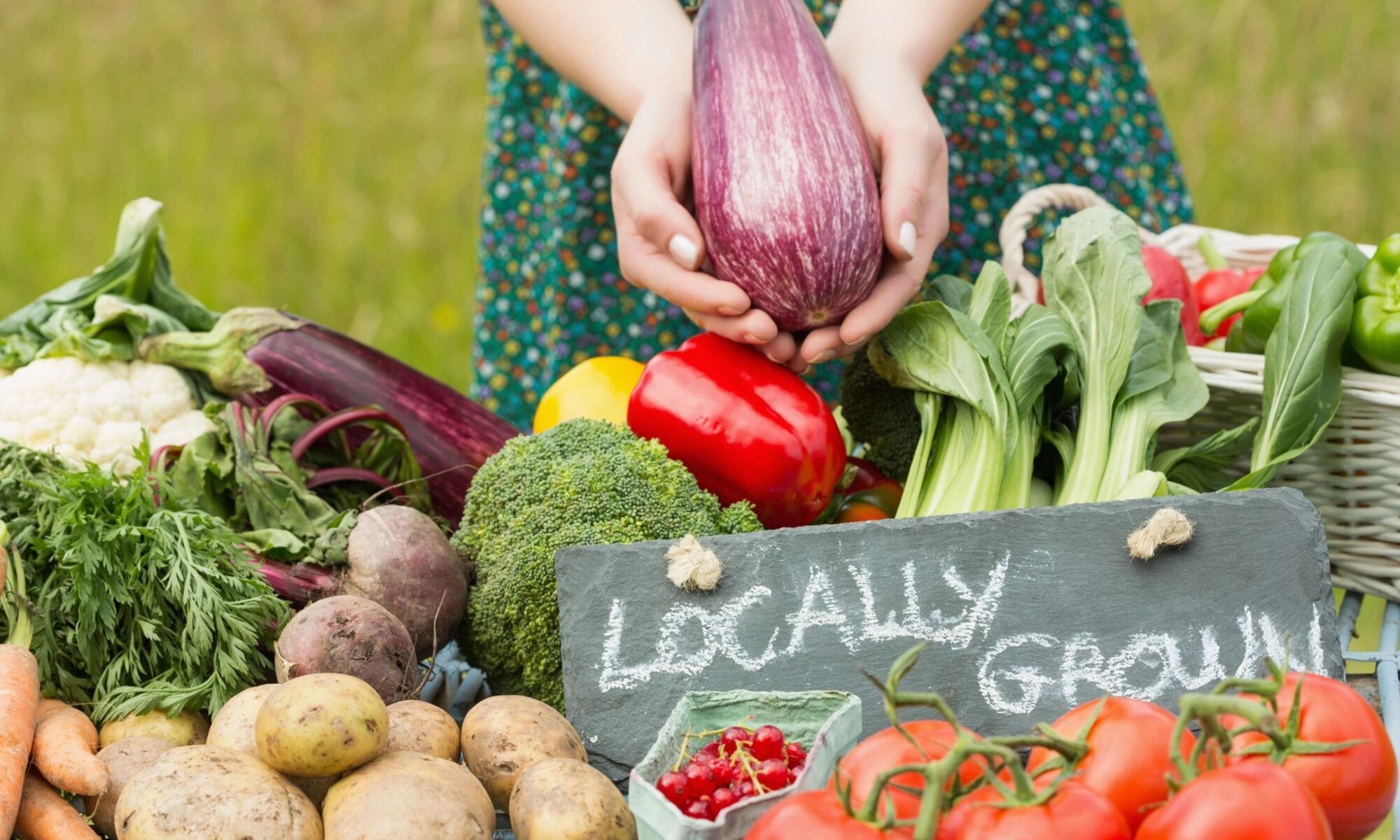Research is not merely an academic exercise but a vital tool for progress in every field from healthcare and technology to business and agriculture. By understanding the methodologies and their applications, individuals and organizations can make informed decisions, predict outcomes, and drive change. Whether it’s through quantitative analysis, qualitative exploration, or a blend of both (known as mixed methods and discussed below), research empowers us to learn, serve, and lead with greater efficacy and insight.
With proper documentation and skilled experts, the complexities of research can easily be distilled to understand it is everywhere waiting to happen. Research is how we seek understanding to make sense of the world around us and make change or improve aspects of our lives. In its most basic form, research guides business, marketing, staffing decisions and expansions, and more. The collection of critical data from environmental impacts, healthcare, and social behaviors guide decisions and predicting outcomes with a degree of certainty.
Determining what data is most useful for your goals and finding the most effective ways to obtain it can help your company make successful long-term decisions.
Research is a fundamental process that permeates various aspects of human endeavor, from scientific inquiry to business strategy, and it plays a crucial role in understanding and improving the world around us. You will have to decide what works best for you or your company. To be clear, research begins by defining the problem of practice or the issue and then asking the right questions and choosing an appropriate method to probe and investigate the matter.





